This post is prompted by the news that Voyages of Discovery, with whom we went on a Middle East cruise just a few weeks ago, and its sister company, Swan Hellenic, have just gone into administration and shut down. This is a sad indication of the state of the world.
 |
| Voyager in Port Said |
Readers will remember that we decided that cruising was not for us, but we had some excellent adventures, and it is still sad. Here are the links to the two blog posts about our cruise:
Part One: Alexandria and along the Suez Canal
Part Two: storms in Sharm-el-Sheik, Petra to Oman via the pirates.
So what is going on? The company only had two small ships, our ‘Voyager’, and the Swan Hellenic ‘Minerva’, both accommodating 400-500 passengers. Both ships specialised in trips to far-flung places, in particular, the Eastern Mediterranean, the Middle and Far East and North Africa. While the owner of the parent company commented that it was hard for small ships to trade profitably in the current environment, (hint, try laying on less food…) he also said:
‘Since the Arab Spring and as a result of other events, the world has
become a smaller place and it was no longer possible for us to take our
small ships to many areas. Egypt, Libya and north Africa, Lebanon, Syria, the Black
Sea have all become difficult and even Istanbul and Turkey have now been
removed from the cruising map.’
Restrictions on travel have made many places inaccessible, populist movements like the Brexit campaign are trying to turn us against global thinking in favour of ‘stand-alone’ insularity. Think Trump as well.
More than any actual threat factor, there is the problem of perception. We live in a world dominated by fear. Terrorists thrive on the currency of fear. Our political ‘leaders’ use fear to attempt to manipulate us. The gutter media use fear to sell their wares – and people buy all of it. Many are increasingly afraid to travel to parts of the world they perceive as unsafe. Often, these perceptions are far removed from reality.
Sure, you can still set off independently, intrepidly (and expensively) to visit most countries, but companies like Voyages of Discovery offered ordinary people a comfortable ‘taster’ of places they might otherwise not visit, and an opportunity to learn about, and experience life and culture through cultural lectures, guided tours etc.
Of course, it is only one company with two small ships, but it is a sign of how the world is changing.
We could see how difficult – and probably expensive – it was for the
company to make our cruise happen. All the security precautions in
Egypt, the pirate malarky on the Red Sea etc etc.
We could also see the desperate plight of people in
those countries who depend on the tourist trade – the empty and
semi-derelict hotels, the unvisited shops, the guides with no clients.
I think too about how delighted ordinary people were to see us. They
cheered in the streets of Alexandria, rushed to the banks of the Suez
Canal to watch our ship gliding past and to wave at us. A bunch of tourists was a rare and wonderful sight, a sign that life was getting back to ‘normal’ and they were still part of the wider world.
And now Turkey, one of our favourite countries, is in danger of going the same way. We have a holiday there booked in June. Will we go? Of course we will. Where we go is miles from any threatening activity.
Would we go to Istanbul again? Of course we would. It is a wonderful city, and I think Hagia Sophia is one of the most amazing places I have ever visited.
 |
| Hagia Sophia |
However, even this 1,400 year old building is not safe from politics. It has long been a museum, embracing both its Christian and Islamic heritage, and a powerful symbol of the secular state. Now, moves are in hand to turn it back into a mosque, in line with the wishes of the government and the increasingly repressive Islamification of the country. We were probably lucky to visit when we did.
In fact, Battleaxe and Philosopher are very lucky.
Let’s think about Tunisia for a moment, where Brits no longer visit, and where tourism has virtually collapsed, leading to massive hardship. We’ve spent two holidays there, one in Sousse and in 2008, in Tunis, where we stayed in an amazing hotel in the old Medina.(The Dar El Medina – it’s still going). One thing I’ll never forget – I was in the middle of negotiating some massive deal at work and the only computer in the hotel had an Arabic keyboard…. I managed to send emails to England that were, amazingly, understandable, but full of j’s and d’s…..
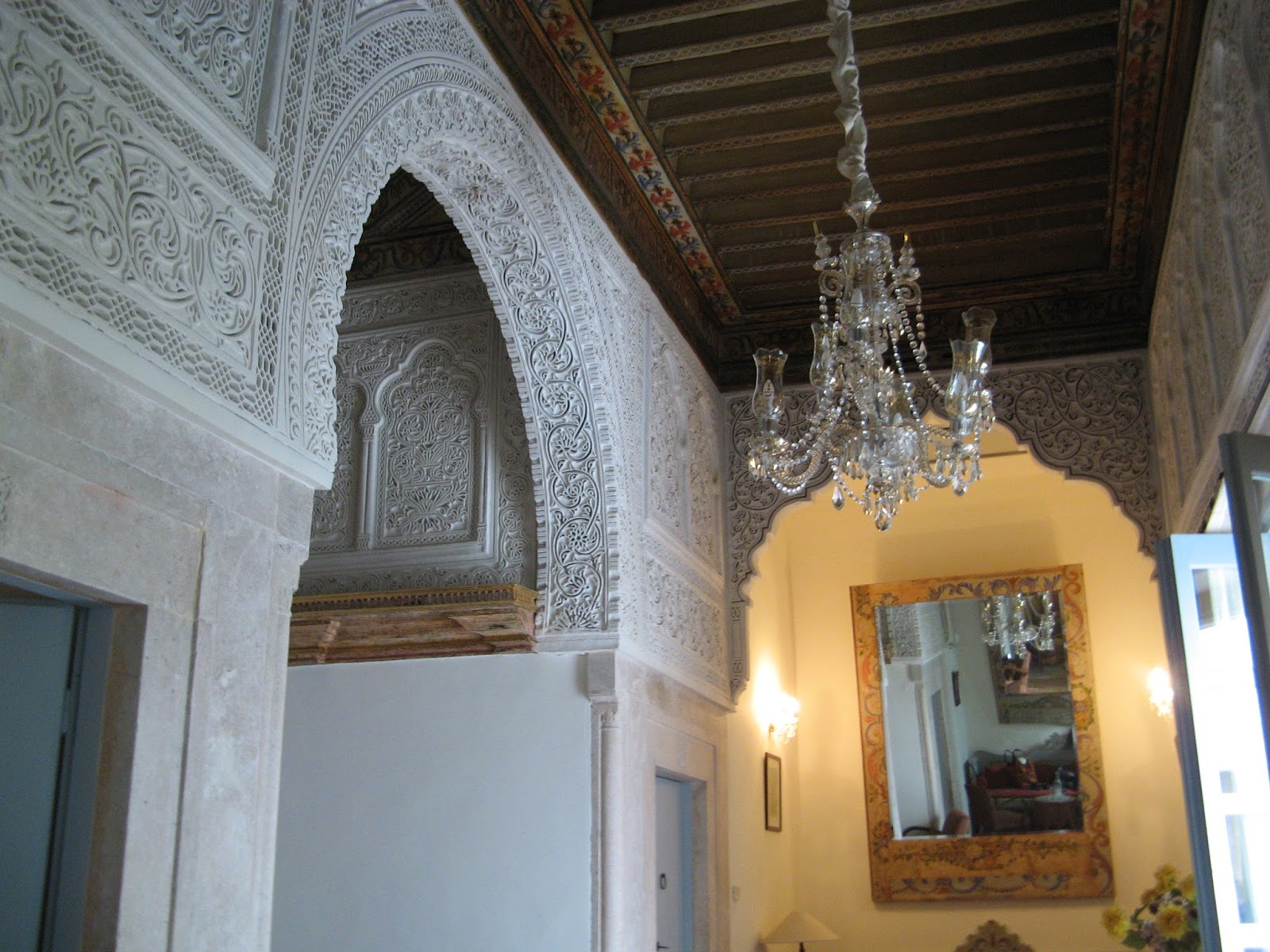 |
| Our hotel in Tunis |
We visited the Bardo Museum, crammed with wonderful things from Carthage, which was attacked by IS in 2015 and now deserted. Here is my photo of one of the rooms, just by the attack site, and some of the mosaics.
In 2007 we went to Egypt. Yes, you can still go, but not with the sense of freedom we had then. Virtually on our own in the Egyptian Museum in Cairo, we gazed on the face of Ramses II. We wandered freely round the pyramids at Giza. We went on the sleeper train to Luxor, stayed in the Old Winter Palace, and visited the temple of Karnak and the Valley of the Kings, crossing the Nile on the public ferry.
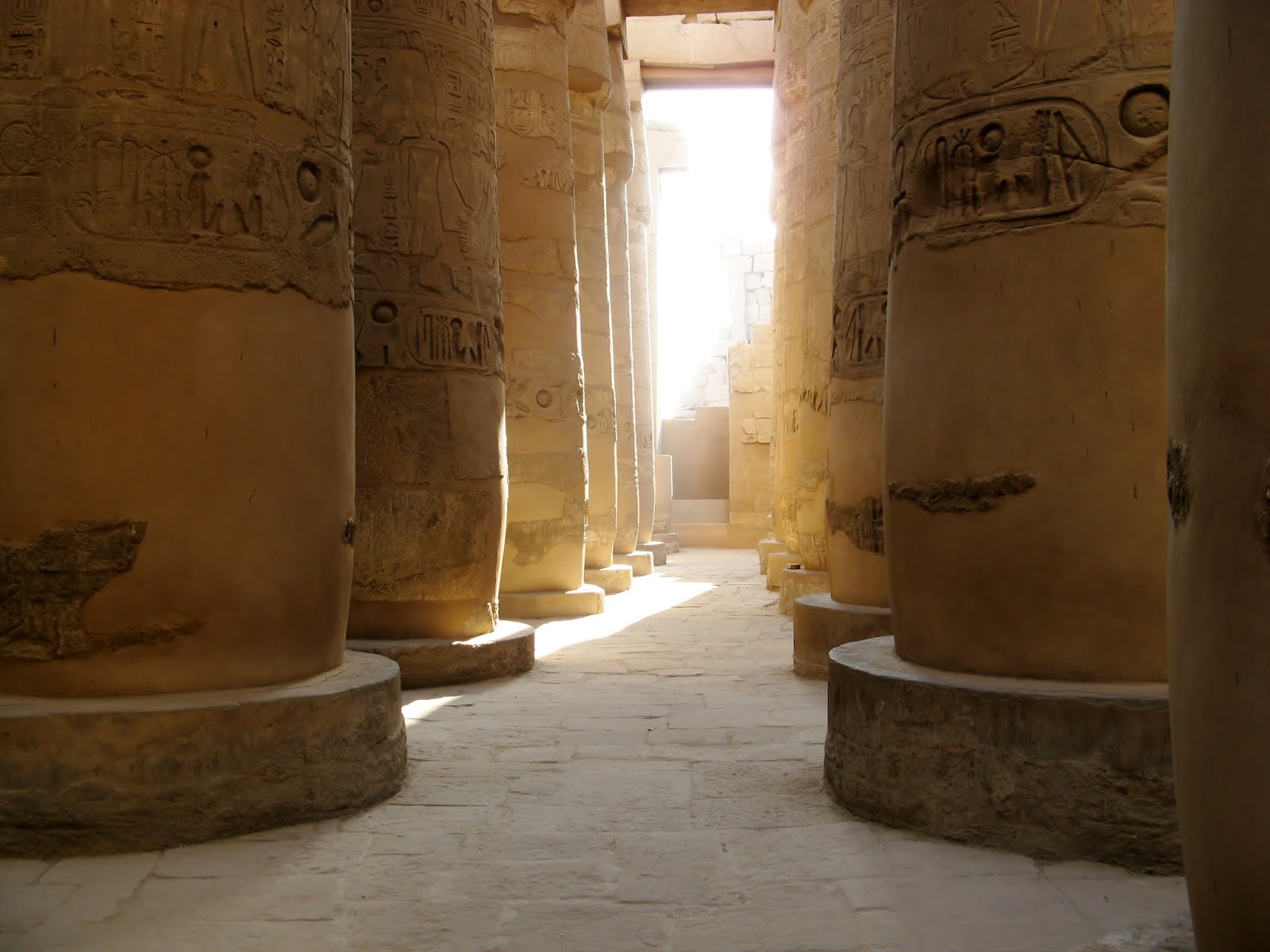 |
| Karnak |
 |
| Battleaxe, I believe…. |
Never mind the shrivelled face of Ramses, we visited Tutankhamun’s tomb in the Valley of the Kings on the very day in November when he was removed from his tomb to be readied for public display.
He was lying on top of his tomb, out in the open air and unwrapped when we wandered in. We didn’t realise at the time, but we are among the few to have actually looked so closely at the ill-fated boy king.
I wanted to visit Syria – Damascus and Aleppo – but that will never happen in my lifetime now. In 2008 I read this article about the train from Istanbul to Aleppo. We never got round to booking…..
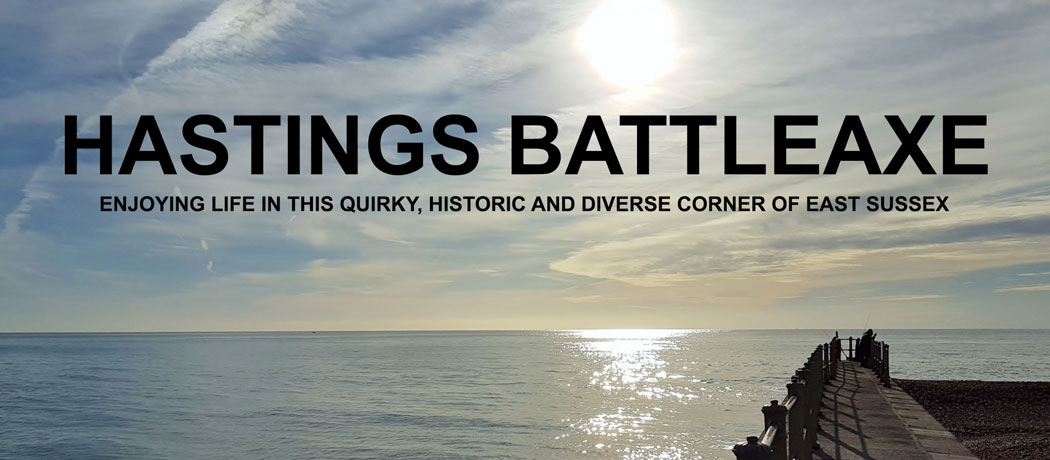
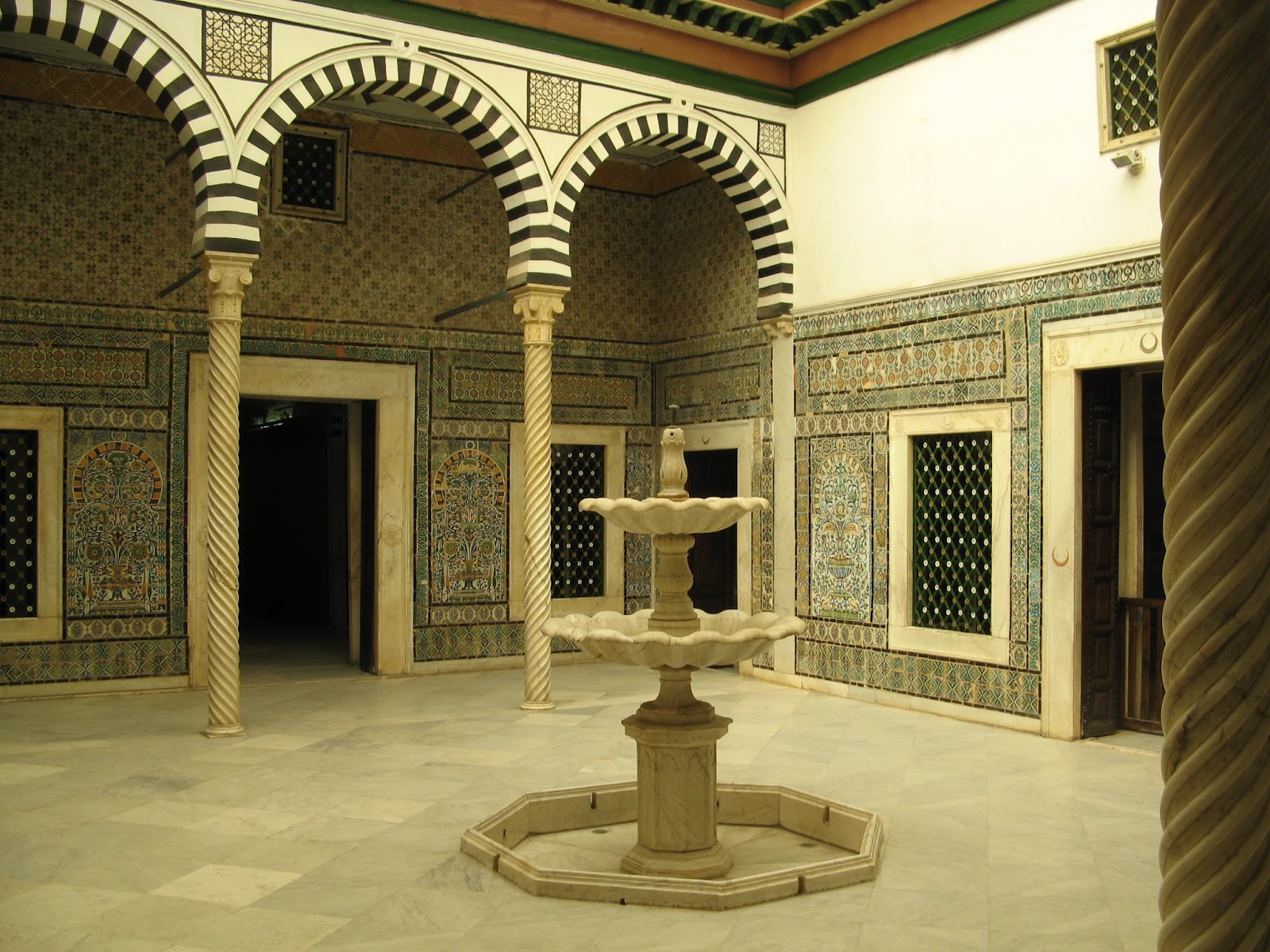

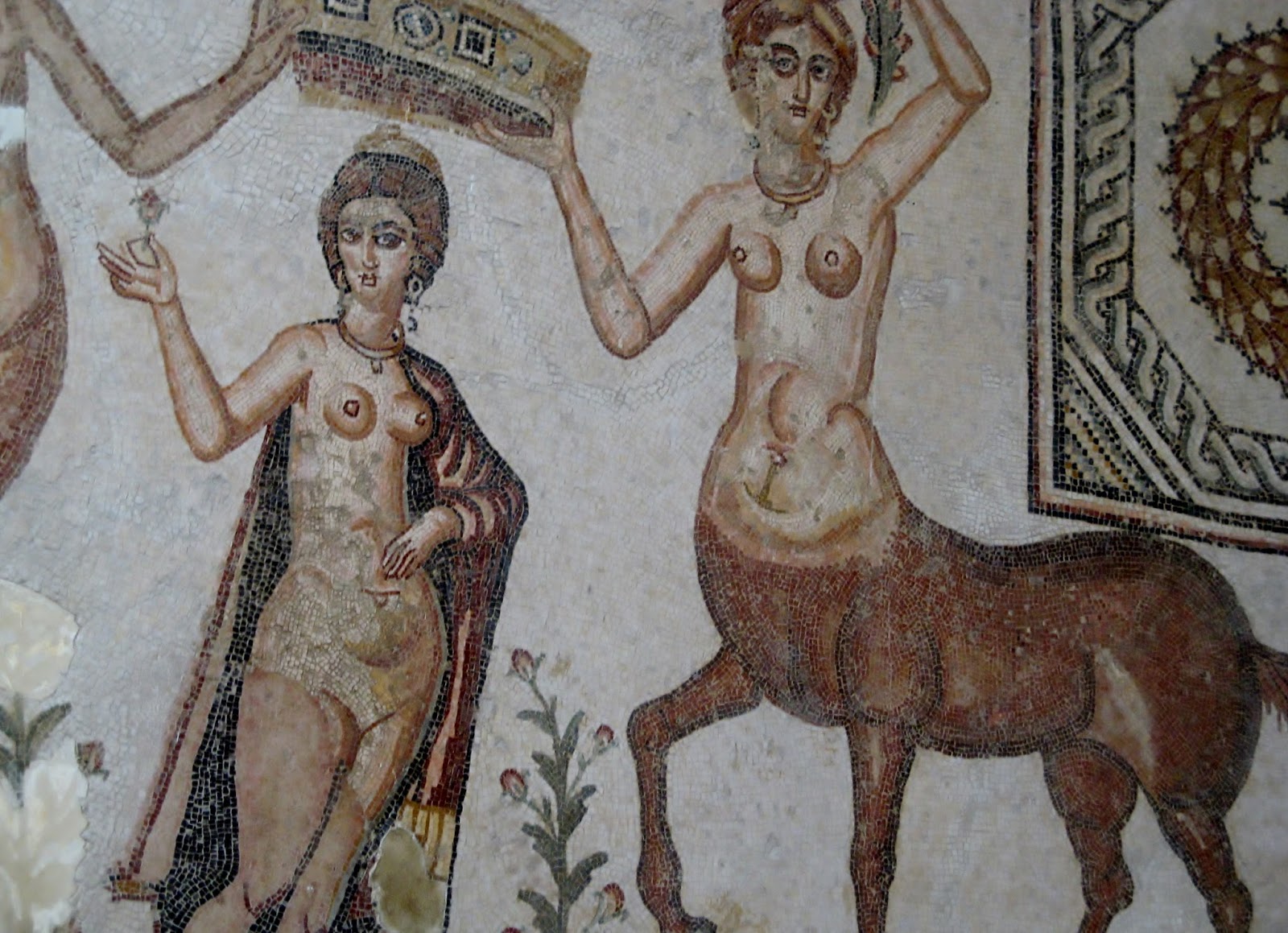
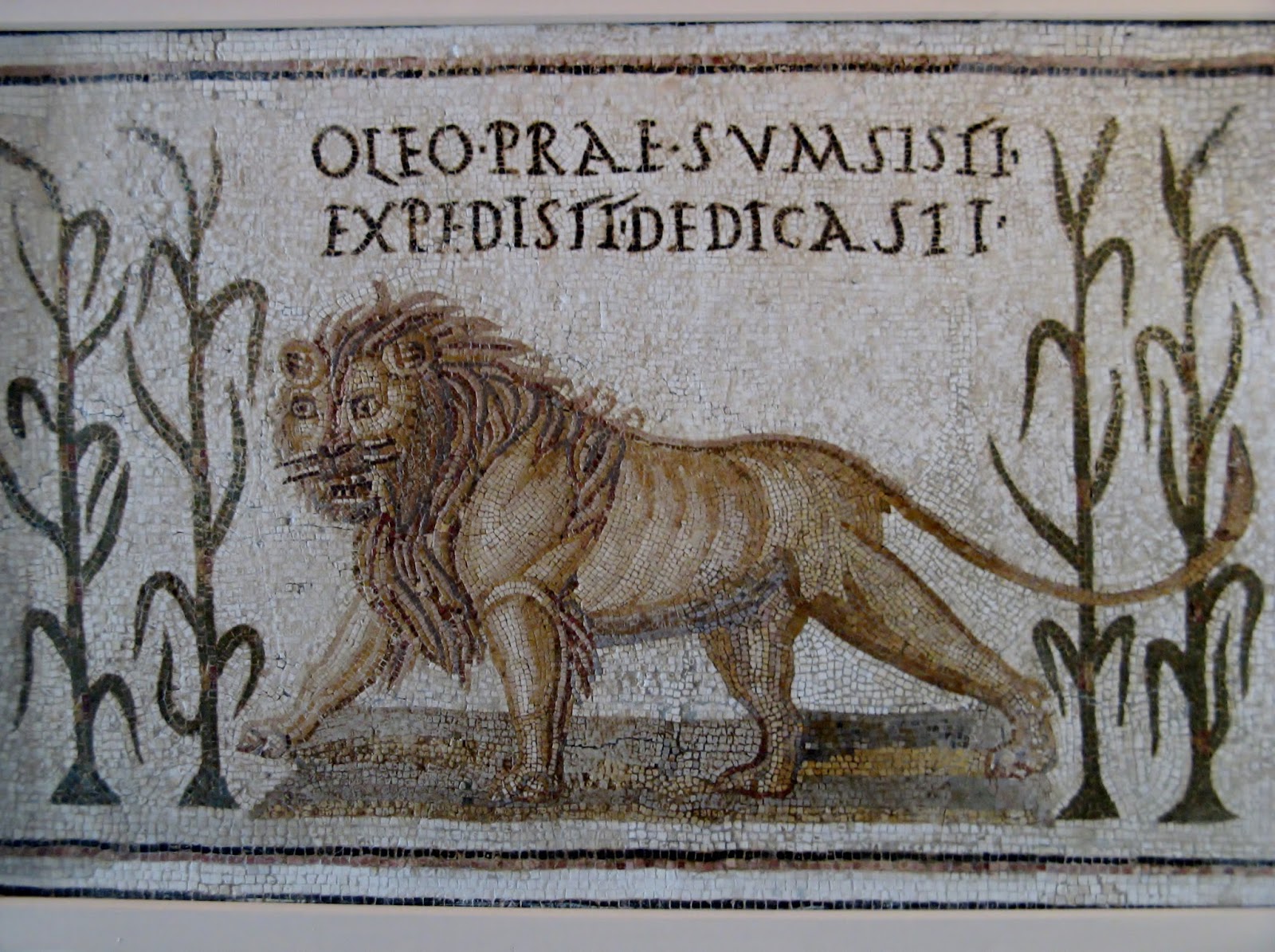
Comments from Google+